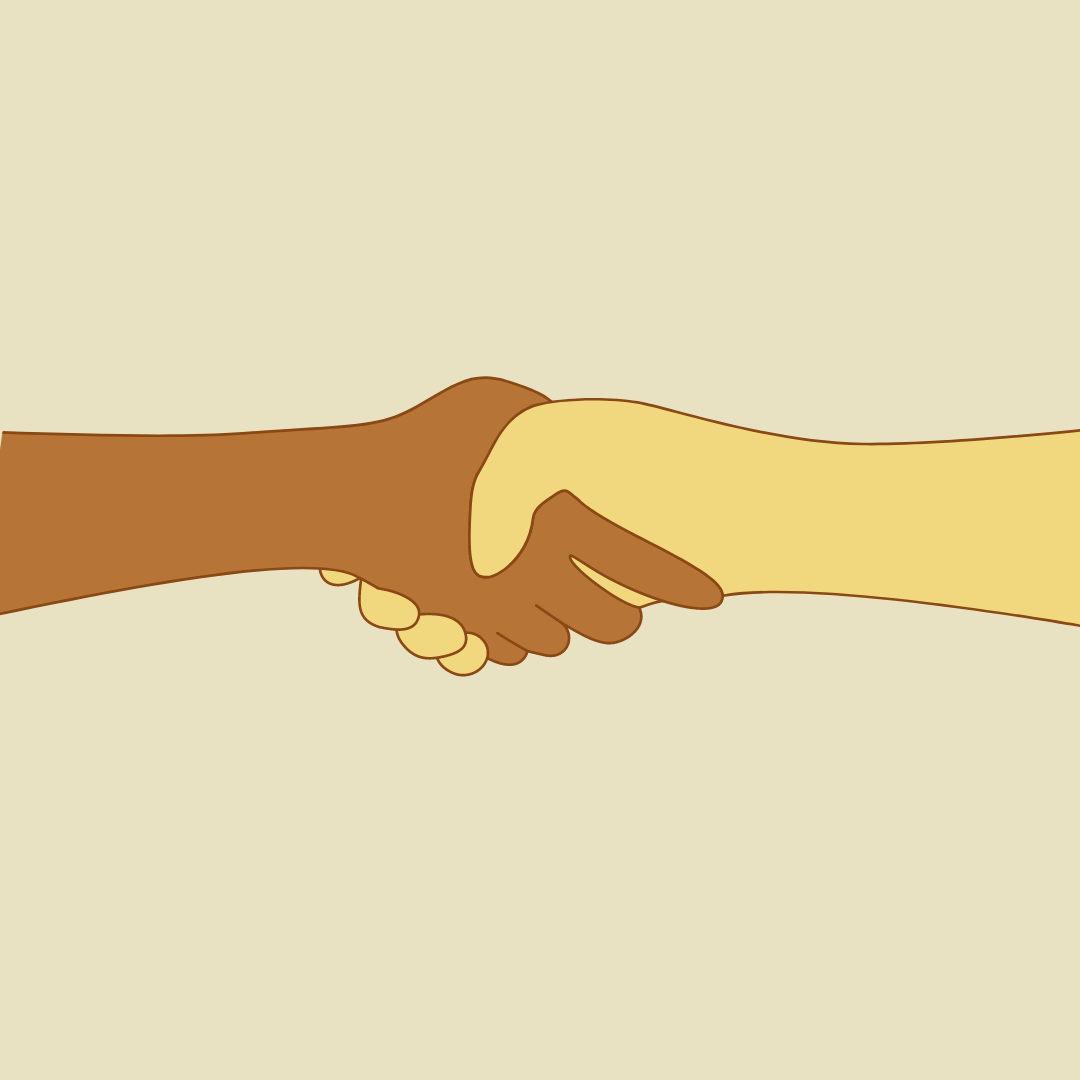
What is mental health?
Mental Health includes our emotional, psychological and social well-being, which means it affects how we think, feel, and act. It also helps determine how we handle stress in our lives, relate to others, and what choices we make.
Where do you go to get help?
If you are struggling with mental health. There are resources available in our resource section of the website. Please feel free to browse through and take what you need. There's no such thing as being greedy when it comes to getting the help that you need.
What is depression?
Depression is a mental illness that can affect people's moods. This usually involves intense feelings of sadness. Acute depression is something that has quickly developed while chronic depression is something that is a consistent occurrence and has built slowly throughout the person's life. High school-age children are usually the ones that are most likely to have acute depression due to the stressful environment and changes during this period.
What type of doctor do I need?
The type of doctor you need may vary depending on the treatment plan that your mental health professional may prescribe you. Psychologists focus extensively on psychotherapy and treating emotional and mental suffering in patients with behavioral intervention. Psychiatrists are the doctors who treat mental illness with medication if deemed necessary.
Is there a cure for these ailments?
Unfortunately, the majority of mental illnesses can not be cured. The effects are mitigated through counseling, the usage of coping mechanisms introduced by a therapist, group therapy and or a specialized type of therapy, and lastly with medication if deemed necessary by the patient's psychologist and psychiatrist.
Is medication the only way to manage my symptoms?
Medication is not the only way to manage symptoms. If you feel uneasy about taking medication you can talk to your therapist to understand things you can implement in your life to mitigate your symptoms.
What are the warning signs of depression?
Symptoms of depression may include but not be limited to the following
Feelings of sadness and frustration over matters that the patient may normally deem trivial/unimportant.
Low self-esteem
Loss of interest in things that the person used to enjoy
Constant irritable mood.
Trouble concentrating
Feelings of worthlessness and guilt.
Apathy towards oneself and the future.
Oversleeping and insomnia
Increased weight gain or drastic weight loss
What is anxiety?
Anxiety is characterized by consistent fear or dread about situations that one may face every day.
What is an anxiety attack?
An anxiety attack is when the symptoms of anxiety come to a head causing intense feelings of dread and hyperventilation.
How do I go about getting treatment?
Contacting a mental health professional would be your first step on the road to managing symptoms. Taking the time to research and not be afraid to switch therapists until you find one that works for you is pivotal in your efforts to manage symptoms. Your health insurance would be the step before that as unfortunately, mental health services are not free in the United States. Knowing what route you would like to take on your road to optimal mental health is up to you. You are in the driver's seat and mental health professionals are only here to help push patients in the right direction.
How long does therapy take?
It is up to you and your mental health team to decide how long you would like to attend therapy or decide how often you would like to see your therapist.
What types of therapy are there?
There are many different types of therapy from 1 on 1, group therapy, music therapy, and or art therapy. If you think you would benefit from a more specialized type of therapy. Reach out to your mental health specialist and have a discussion about what you think would help you most.